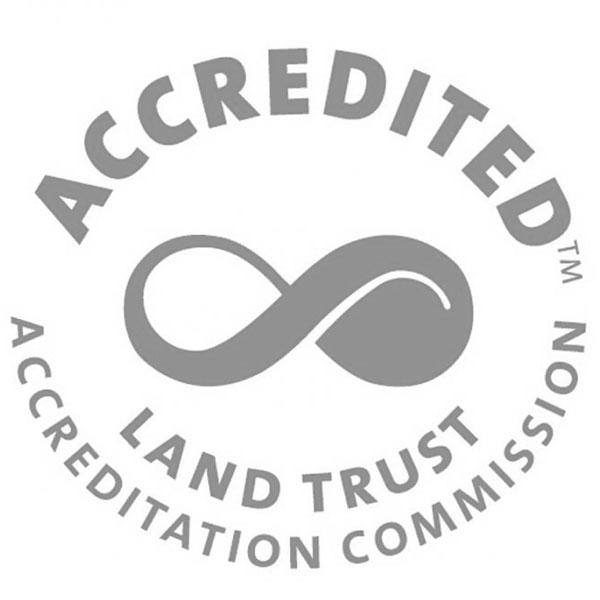Chesterfield still lacks development partner
For the last few months, ESLC has worked to advance community conversation around the eventual development of Chesterfield (Carter Farm), in Centreville, Maryland. We see Chesterfield as a once in a lifetime opportunity for Centreville to redesign its own front porch on the beautiful Corsica River, and we are deeply grateful to the communities and leadership of Centreville for partnering with ESLC to reimagine this gem. We held formal and informal meetings with Centreville residents and town representatives allowing a transparent and public process that established guiding considerations for development. Coupled with community input, we consulted with planning and design industry professionals to generate innovative ideas and refine development parameters. Based on input, we carved out the following design considerations: (1) Access for public open space and recreation, including integration into the town trail system, (2) Preservation of the Carter farmhouse, (3) Agricultural components, including robust community gardens and other scalable uses, (4) Commercial such as a destination inn, market and/or farm to table restaurant, and (5) Housing - a mix of types, sizes and price points. The resulting vision celebrates a mix of commercial, residential, and abundant community uses. Our vision leverages off public access connections, includes the Carter Farmhouse and a new destination farm to table inn as amenities which would further connect communities to the land, and which retains the farm’s agricultural heritage though community gardens. The vision integrates with the trail system around Town, opens access to the Corsica River, and invites Town residents and visitors onto the property as a hub of commercial and community activities with a balance of housing to add to a core of downtown energy. In order for ESLC to further advance the conversation, and refine the use vision, we need to identify a financial or development partner. With our contract having ended at






